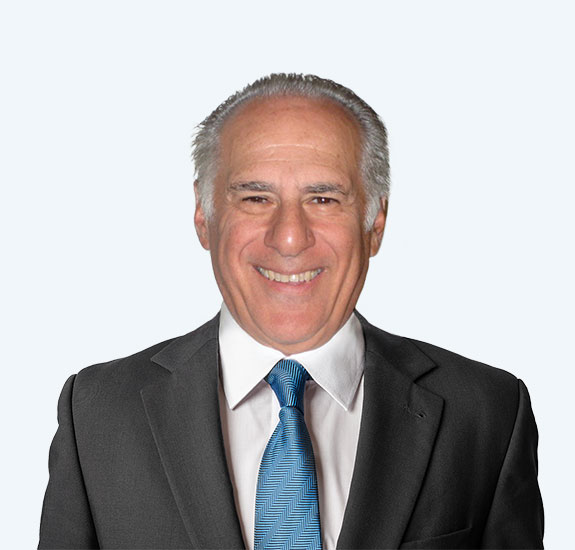30+ Years of Experience
Assisting Over 1,500
Multigenerational Families
Assisting Over 1,500
Multigenerational Families





The Probate process can take anywhere from three months to a year depending on the complexity of the Estate, the cooperation of interested parties or distributees and legatees of the Estate, and the speed in which the Court Clerks and the Judge signs the Order issuing the Letters Testamentary. It definitely helps to have an experienced Attorney move the process along.
Learn what is needed to being the probate process.

